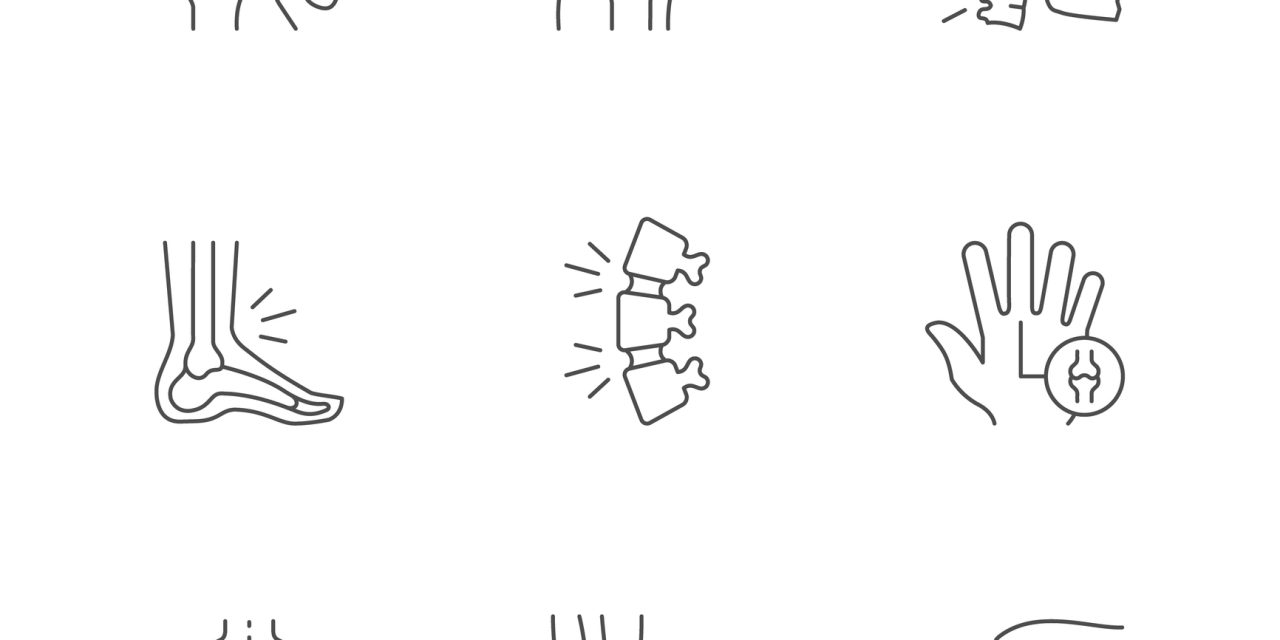Gout is frequently misdiagnosed and mistreated, resulting in considerable impairment. There is a scarcity of information on the lived experience of gout and the hurdles to successful urate-lowering medication in gouty males. Using a qualitative grounded theory method, a study was conducted to understand the experience of males living with chronic gout. Eleven English-speaking males with chronic gout took part in a semi-structured in-depth interview regarding their gout experiences. The interviews were taped and then transcribed. To assess and validate the themes that emerged from the transcripts, consensus groups were used. The interviews revealed 3 significant articles related to the experience of gout: the impact of disease (pain, reliance on family members during flares, isolation, work disability), the progression of untreated gout (increasing number of affected joints and frequency of flares, increase in food type triggers, escalating treatment required to control outbursts due to decreasing anti-inflammatory medication efficacy), and the lack of knowledge of gout (a community-wide problem). Gouty arthritis has a significant influence on the patient and his family. The research uncovered hitherto unseen aspects of the gout experience that can be applied to other males with the disease, implying that shame, embarrassment, and stigma lead to the trivialization of the disease’s impact despite its severity. Because of the lack of disclosure of symptom severity and lack of expectation of treatment effectiveness, these experiences may lead to undertreatment of gout, which may contribute to the development of progressive gout.


